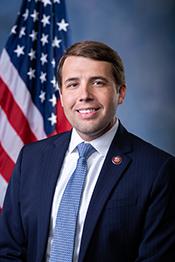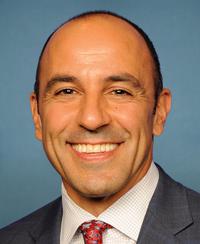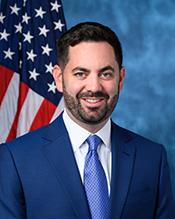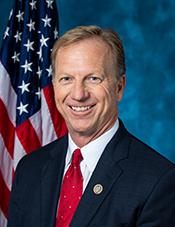0
STOP CCP Act
11/14/2024, 12:08 AM
Summary of Bill HR 3334
One of the key provisions of the STOP CCP Act is the establishment of a task force to investigate and report on the CCP's activities in the United States. This task force would be responsible for identifying CCP agents operating in the US, as well as any efforts by the CCP to influence American politics, media, or academia.
Additionally, the bill includes measures to prevent the CCP from stealing American intellectual property and technology. This includes increased scrutiny of Chinese investments in US companies, as well as restrictions on the export of sensitive technologies to China. The STOP CCP Act also addresses human rights abuses committed by the CCP, particularly in relation to the treatment of Uighur Muslims in Xinjiang province. The bill calls for sanctions against Chinese officials responsible for these abuses, as well as measures to prevent US companies from using forced labor in their supply chains. Overall, the STOP CCP Act is a comprehensive piece of legislation aimed at countering the influence of the Chinese Communist Party in the United States. It addresses a range of concerns related to intellectual property theft, human rights abuses, and unfair trade practices, and seeks to protect American interests from CCP interference.
Congressional Summary of HR 3334
Sanctioning Tyrannical and Oppressive People within the Chinese Communist Party Act or the STOP CCP Act
This bill requires the President to impose visa- and property-blocking sanctions on any member of the Chinese Communist Party (CCP) Central Committee whom the President determines plays a significant role in developing or implementing policies that (1) violate the autonomy of Hong Kong; (2) harass or intimidate the people of Taiwan; or (3) contribute to the oppression of individuals or groups in China, including Uyghur Muslims. The President must also impose sanctions on the adult family members of such sanctioned persons.
The President may waive the sanctions for renewable periods of up to 60 days by certifying to Congress that the waiver is vital to U.S. national security interests.
The President may terminate any sanctions imposed after certifying to Congress that China's government and the CCP have ceased
- the genocide of the Uyghur Muslim population;
- all threats, military exercises, and aggression toward Taiwan;
- undermining the autonomy of Hong Kong; and
- any efforts to steal the intellectual property of U.S. persons.
The President may also terminate sanctions after certifying to Congress that the sanctioned person has renounced membership in the CCP and taken steps to denounce or remediate the conduct for which sanctions were imposed.
Any certifications related to termination of sanctions must also be publicly available on a federal government website.
Read the Full Bill
Current Status of Bill HR 3334
Bipartisan Support of Bill HR 3334
Total Number of Sponsors
3Democrat Sponsors
0Republican Sponsors
3Unaffiliated Sponsors
0Total Number of Cosponsors
18Democrat Cosponsors
4Republican Cosponsors
14Unaffiliated Cosponsors
0Policy Area and Potential Impact of Bill HR 3334
Primary Policy Focus
International AffairsPotential Impact Areas
Alternate Title(s) of Bill HR 3334
Comments

Avery Erickson
1 year ago
This bill is a joke! We need to focus on real issues facing our country, not wasting time on pointless legislation. #wasteoftime #focusonrealproblems

Gatlin Sawyer
1 year ago
I think the STOP CCP Act is a step in the right direction to hold China accountable for their actions. It's important for the US to stand up against human rights abuses and unfair trade practices. We need to protect American interests and values, and this bill helps to do just that. Let's hope it gets the support it needs to make a real impact. #STOPCCPAct #UnitedStatesPolitics 🇺🇸





